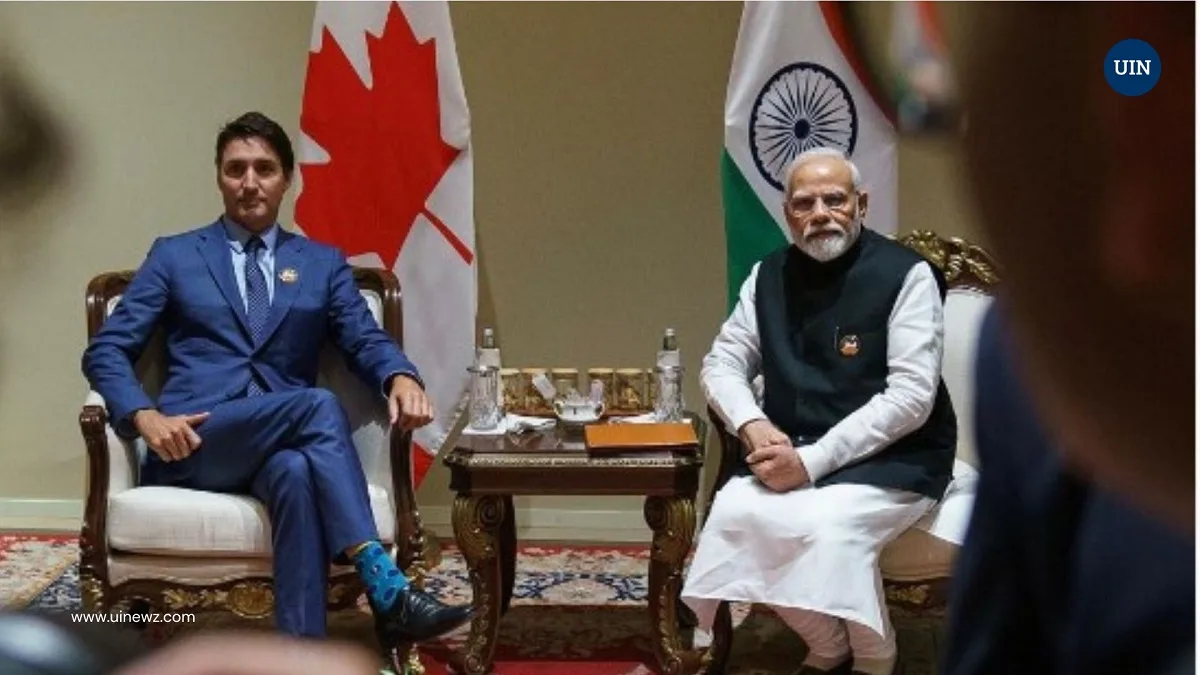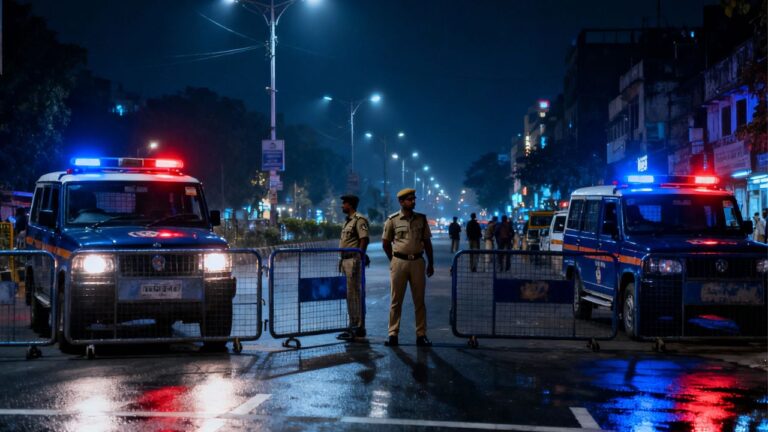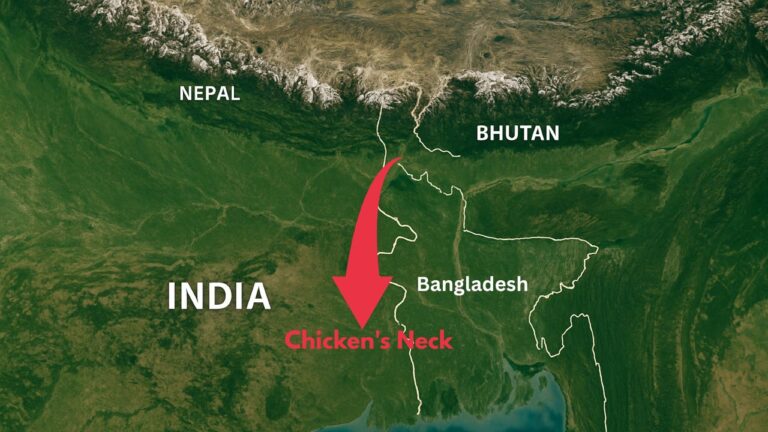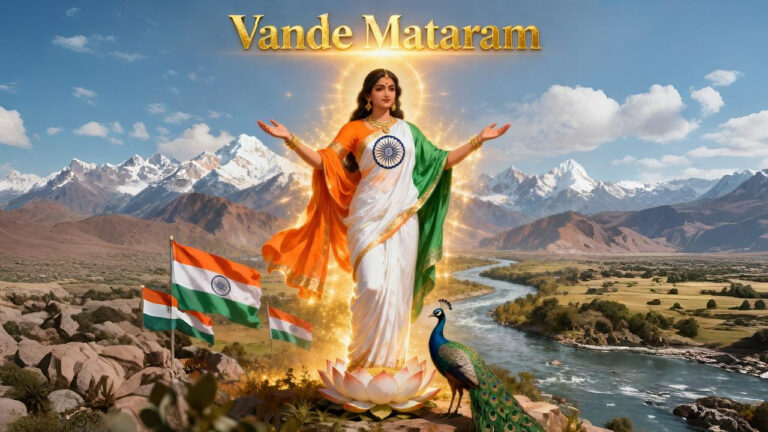
Khalistani Extremism and Its Impact on India-Canada Relations: A Troubling Turn in Diplomacy
Recent tensions between India and Canada have taken a troubling turn as Canadian Prime Minister Justin Trudeau accused India of involvement in the killing of Hardeep Singh Nijjar, designated as a terrorist by India. India, in turn, rejected these allegations and accused Canada of sheltering Khalistani extremists. This clash has brought the long-standing issue of Khalistani extremism to the forefront of India-Canada relations, threatening the diplomatic ties between the two nations.
Table of Contents
Understanding Khalistani Extremism
Khalistani extremism is a separatist movement rooted in the desire to establish an independent Sikh state known as Khalistan. This movement gained momentum in the 1980s, primarily among the Sikh diaspora, including Canada, and has been associated with violence and acts of terrorism.
Historical Roots
The Khalistan movement has deep historical roots in Canada, with the establishment of a ‘Khalistan government in exile’ office in Vancouver in 1982. It gained significant momentum after the infamous Operation Bluestar in 1984.
Rift in India-Canada Relations
The current tensions in the India-Canada relationship can be attributed to a series of historical incidents. Notable among these are Canada’s endorsement of a plebiscite in Kashmir in 1948 and the subsequent withdrawal of the Canadian high commissioner to India in 1998 in response to India’s nuclear tests.
Several factors have fueled these tensions
- Sikh Extremism in Canada: Canada has faced criticism for allowing the presence of Sikh separatist groups, with India objecting to Canada permitting a Khalistani secessionist “referendum” in 2022. The influence of Sikh immigrants on Canadian politics has brought a different dynamic, creating complications in relations. Canadian Prime Minister Justin Trudeau’s alliance with the New Democratic Party (NDP) led by Jagmeet Singh, a prominent supporter of Khalistan, has further complicated the situation.
- Changing Reports: Canada’s annual report on the terrorist threat initially mentioned Sikh extremism and Khalistan in 2018 but later removed these references, drawing criticism from Punjab Chief Minister Amarinder Singh.
- Canada’s Interference: Canada’s comments on India’s farmer protests and India’s subsequent cancellation of diplomatic talks further strained relations.
- Recent Tensions: The tensions have escalated in recent years, particularly since Justin Trudeau became Canada’s Prime Minister in 2015.
- Allegations of Inaction: India has accused the Canadian government of inaction against pro-Khalistan supporters, viewing it as an attempt to gain favor with the Canadian-Sikh community. India also protested against attacks on its diplomatic missions in Canada in early 2023.
Impact on Immigration and Trade
The ongoing conflicts have resulted in a notable rise in requests for asylum in Canada, primarily from Indian citizens, particularly those hailing from the Punjab region. Additionally, trade relations have been impacted by India’s complex labor laws, market protectionism, and bureaucratic regulations, hindering progress in bilateral agreements such as the Comprehensive Economic Partnership Agreement (CEPA) and Investment Promotion and Protection Agreements (BIPPA).
Canada’s Perspective
Canadian officials argue that the Khalistan separatist movement is relatively insignificant and that referendums organized by Sikh for Justice are within the bounds of the law. However, these assertions are at odds with India’s concerns.
Other Aspects of India-Canada Bilateral Relations
Despite the ongoing tensions surrounding Khalistan extremism, India and Canada share diplomatic, political, commercial, science and technology, space cooperation, security and defense, people-to-people ties, cultural exchanges etc. These aspects continue to play a crucial role in shaping their bilateral relations.
Conclusion
The recent surge in tensions between India and Canada, stemming from accusations of Khalistani extremism and backing of separatist causes, highlights the intricate dynamics of international diplomacy. Both nations must manage these difficulties while safeguarding their enduring historical and economic connections and collaboration on global matters. Establishing shared interests and fostering open communication is imperative to reduce these tensions and secure a stable and prosperous future for the India-Canada relationship.






